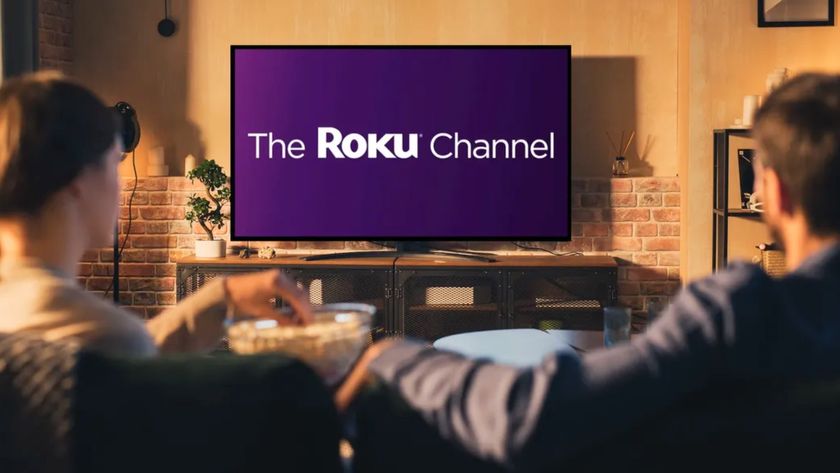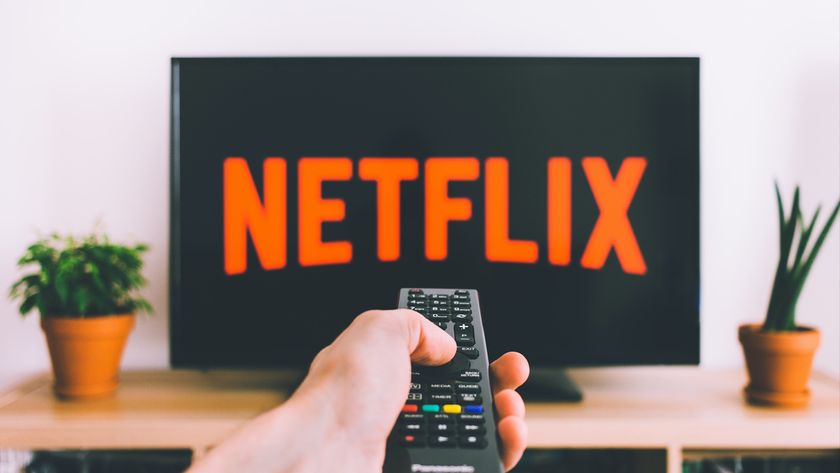Samsung's Original Galaxy Tab 10.1 Now Banned in USA
The original 10.1" Samsung Galaxy Tab Android tablet is now officially banned from sale in the United States.
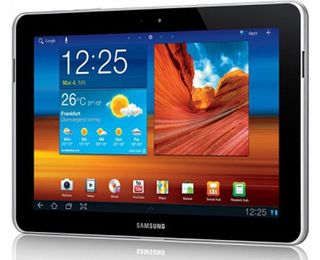
Apple's quest to aggressively use patents to stamp out competition rose to new heights on Tuesday after U.S. District Judge Lucy Koh in San Jose, California backed Apple's request to ban the sale of Samsung Galaxy Tab 10.1 tablets here in the States.
Previously Judge Koh denied Apple's bid for an injunction on the tablet and multiple Galaxy smartphones. But now she has changed her mind thanks federal appeals court which instructed Koh to reconsider Apple's request on the Android-based tablet.
"Although Samsung has a right to compete, it does not have a right to compete unfairly, by flooding the market with infringing products," Koh wrote on Tuesday.
The order is expected to become effective once Apple posts a $2.6 million bond (chump change). This will be used to protect Apple against Samsung should the injunction be found incorrect later on. Meanwhile, Samsung will likely seek to appeal Koh's ruling to a federal appeals court in Washington, DC, which has exclusive jurisdiction over intellectual property (IP) disputes.
"Apple sought a preliminary injunction of Samsung's Galaxy Tab 10.1, based on a single design patent that addressed just one aspect of the product's overall design," Samsung said in a statement. "Should Apple continue to make legal claims based on such a generic design patent, design innovation and progress in the industry could be restricted."
Samsung said there won't be a huge impact in revenue, as the affected tablet was released back in 2011 and the company just revealed its successor, the Samsung Galaxy Tab 2 (10.1), last month. That said, the ruling doesn't apply to the new model, and Samsung is now telling retailers that they can clear the older model out of their inventory.
An Apple spokesperson said the Samsung Galaxy Tab 10.1 "blatantly copies" the iPad design, calling it outright "wrong."
Sign up to get the BEST of Tom's Guide direct to your inbox.
Get instant access to breaking news, the hottest reviews, great deals and helpful tips.
Colleen Chien, a professor at Santa Clara Law in Silicon Valley, told Reuters that the relief being given to Apple regarding Samsung's tablet is "extraordinary," as preliminary injunctions are rarely asked for and rarely granted.
"That this was a design patent and copying was alleged distinguish this case from plain vanilla utility patent cases," she said. "Cases involving these kinds of patents are based more on a counterfeiting theory than a competition theory, so I don't expect this case to have ramifications for all smartphone disputes, but rather those involving design patents and the kind of product resemblance we had here."
Apple has waged its patent war against the Android community and across the globe since 2010. The small accomplishment here in one of many U.S.-based cases could strengthen Apple grip on Android-based manufacturers, forcing them into cross-licensing deals... if there's anything left after Microsoft demands its Android-based licensing fees, that is.
Kevin started taking PCs apart in the 90s when Quake was on the way and his PC lacked the required components. Since then, he’s loved all things PC-related and cool gadgets ranging from the New Nintendo 3DS to Android tablets. He is currently a contributor at Digital Trends, writing about everything from computers to how-to content on Windows and Macs to reviews of the latest laptops from HP, Dell, Lenovo, and more.
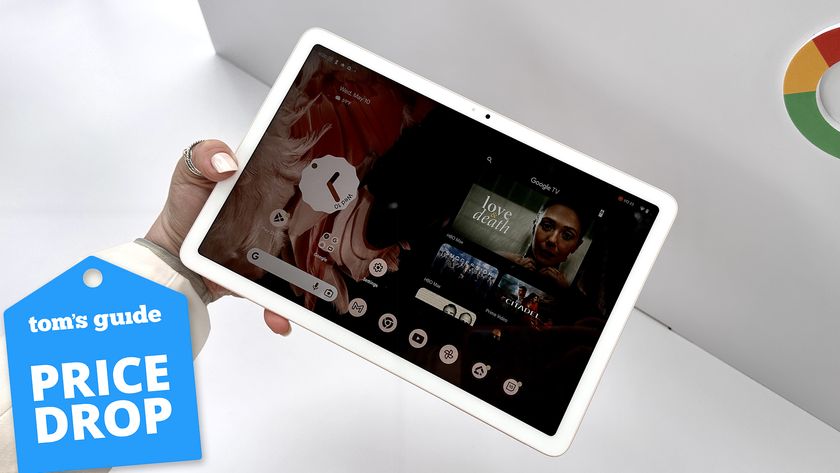
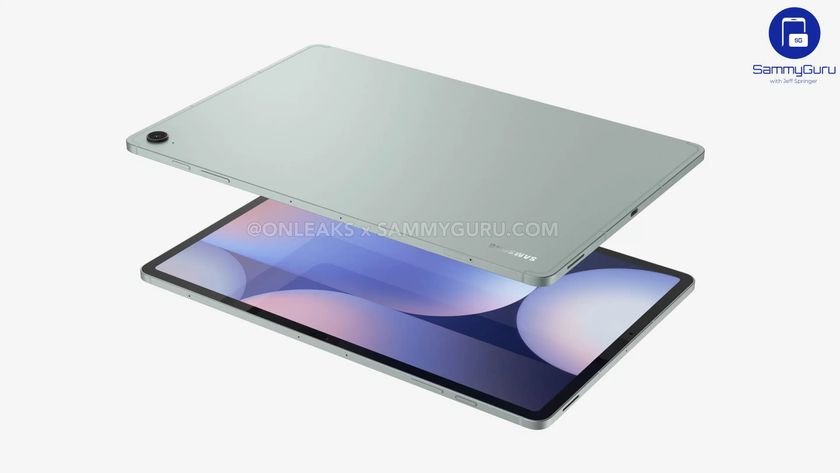
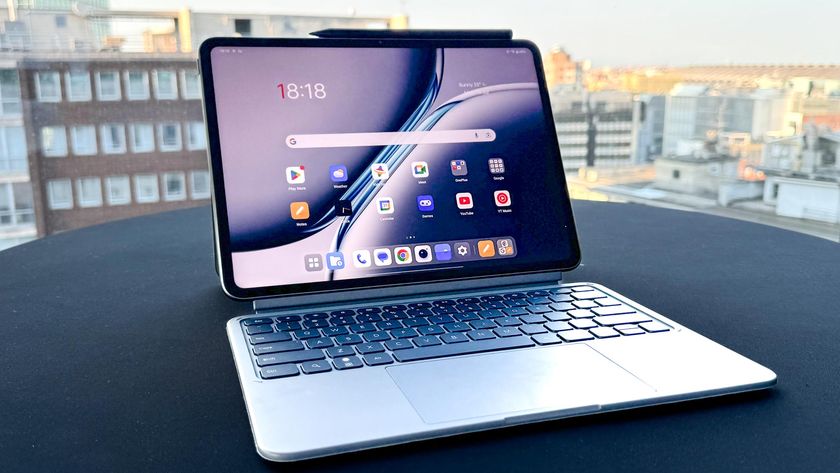
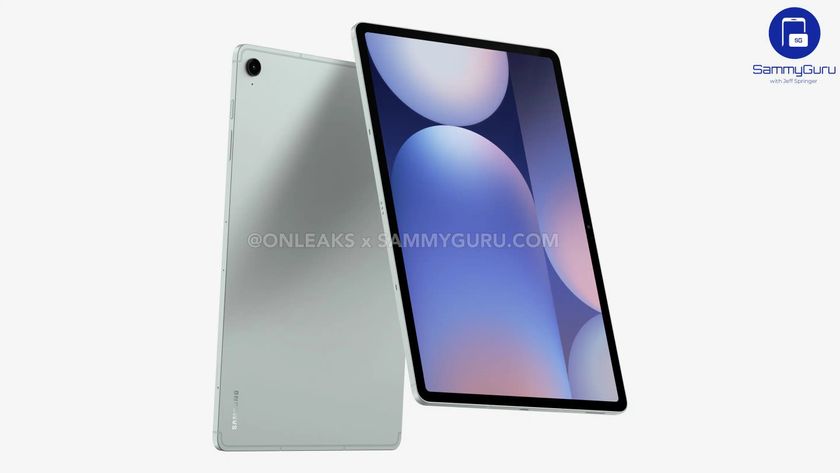
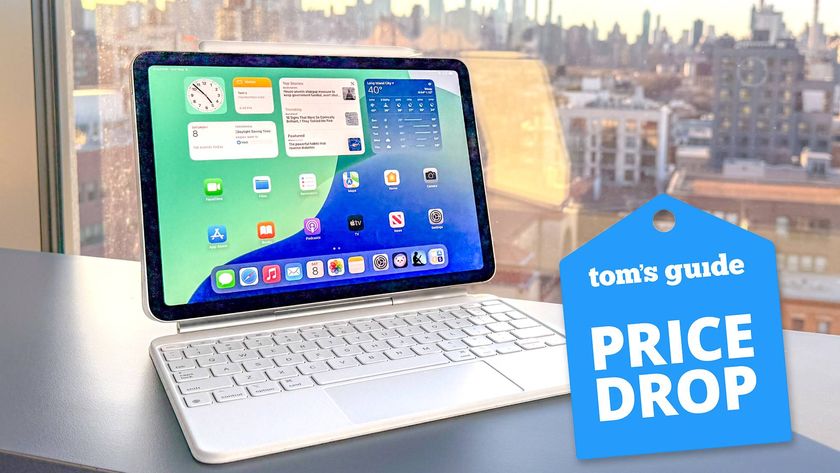
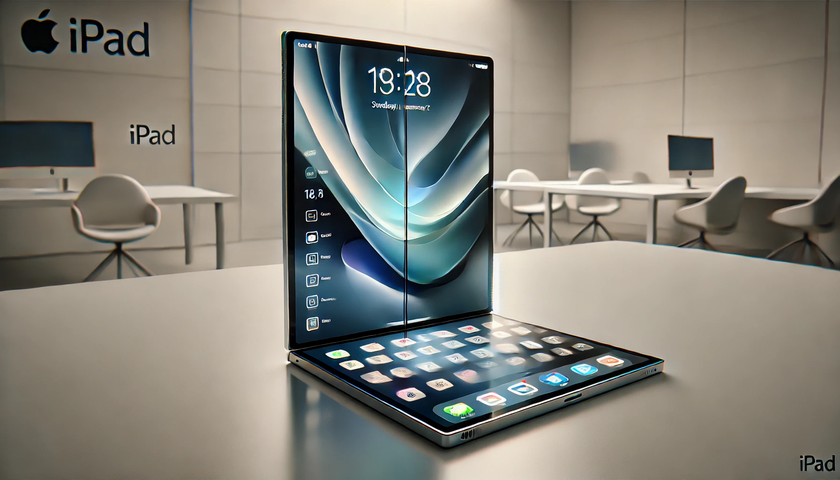
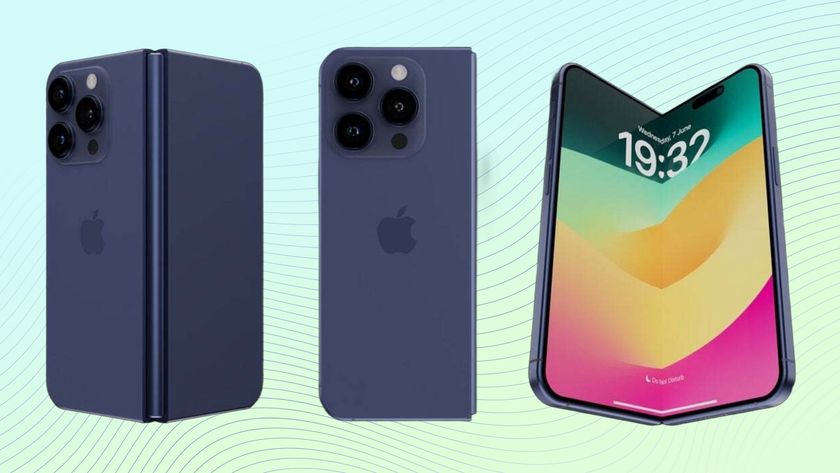
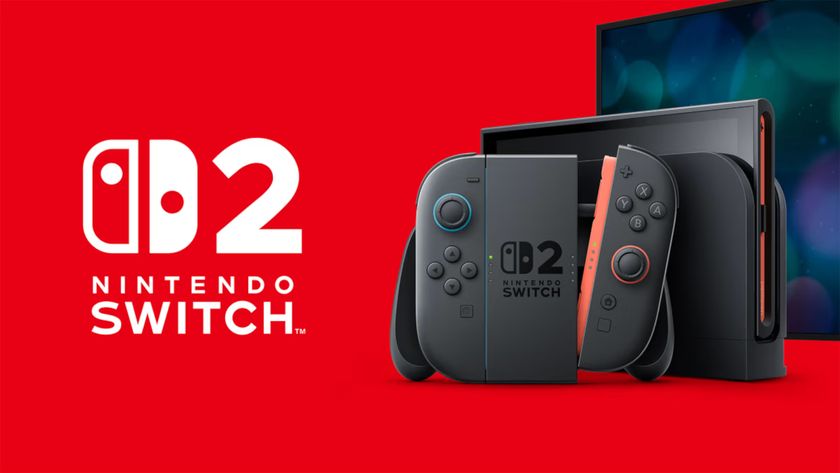
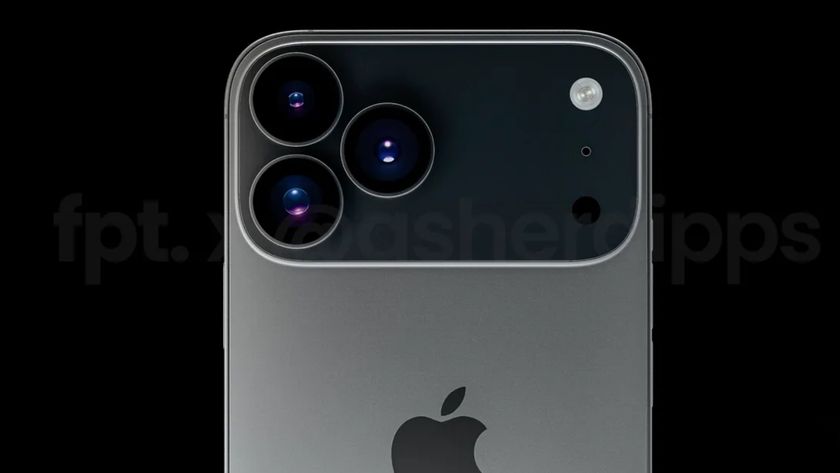
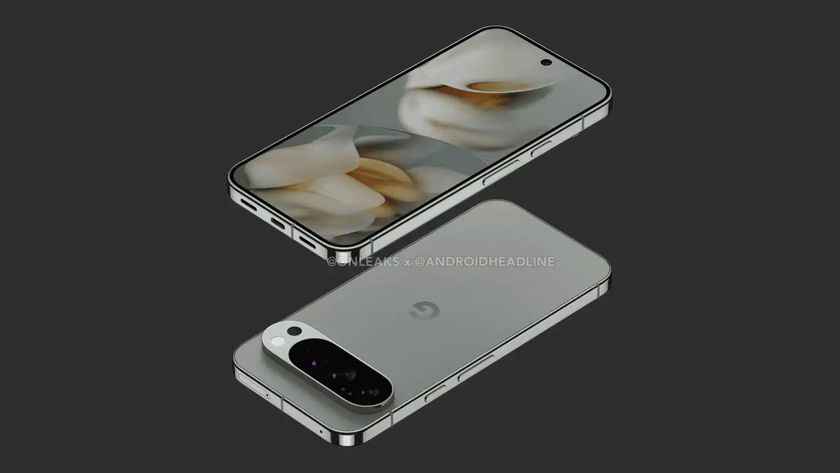
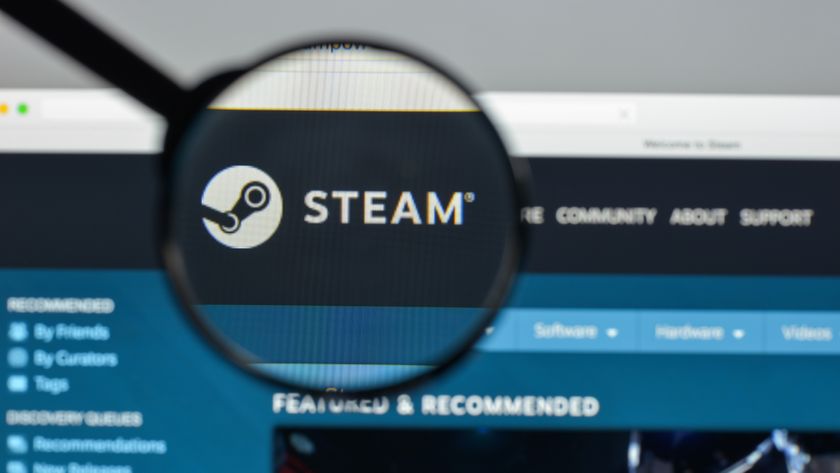

-
alexmx What else should be expected from Apple? The good thing is that Android has many fronts, not only SamsungReply
-
If IBM had been as vehement as Apple in protecting it's "IBM PC" way back when, can you imagine what the world would look like? No "PC Compatible" machines? 20 different chipmakers, 50 different OSes, 200 different file formats... none of "this" would exist.Reply
I need to find the IBM lawyer who decided NOT to sue, and buy that man a beer... -
back_by_demand This is the point at which Samsung should ask Microsoft if it is OK to use the Surface as a starting point for it's own tablet, as long as they also put Windows 8 on it. Microsoft will agree and they will then destroy Apple in the next round of sales.Reply
F**K Apple! -
gogogadgetliver I'm looking forward to a Surface or other Windows 8 tablet but I wish you Android fans all the best on this.Reply
Next thing you know Apple will be suing the Star Trek:Next Generation cast for promoting counterfeit tablets. -
alidan so, her job/future in her job was going to be hurt, so she caved... im just reading between the lines here, and it makes me more than a little sick.Reply -
henkka75 "Design patent" is one of the dumbest ideas ever. There are better ways of protecting your design (as used everywhere else in the world).Reply
The entire world laughs at the US patent "system". In the US there is no need for something to be an actual invention, no need for it to be something new, no need to include blueprints from which someone in that field of expertice can make one (whatever the patent is about), it can be a simple discovery (cancer, a rock, a mouse.. whatever), a thing of you imagination such as a teleporter or a time-maching etc.
So if someone actually figures out how to make say a teleporter they will never make it public because someone else has the "patent" for something they don´t even know how to make.
The US "patentsystem" is a really bad joke! -
ta152h Zebulon PiIf IBM had been as vehement as Apple in protecting it's "IBM PC" way back when, can you imagine what the world would look like? No "PC Compatible" machines? 20 different chipmakers, 50 different OSes, 200 different file formats... none of "this" would exist.I need to find the IBM lawyer who decided NOT to sue, and buy that man a beer...Reply
Buy yourself a beer, since you made this all up. First, IBM didn't own the processor or operating system, and there was MS-DOS machines that were not completely compatible with the PC (Tandy 2000, for example), and in some way superior.
IBM did enforce patents, and in many cases would make other companies pay up to 5% of the cost of their PC. They also made it almost impossible to clone Microchannel.
So, no, you wouldn't have anywhere near those numbers. You'd have Apple, maybe one or two MS-DOS based machines, until the patents became irrelevant, and then everything would be as it is now.

